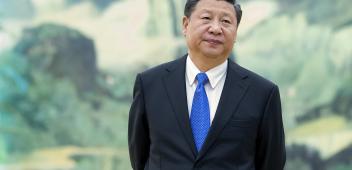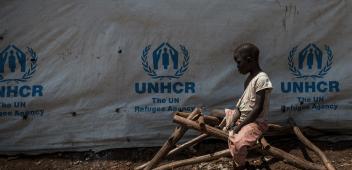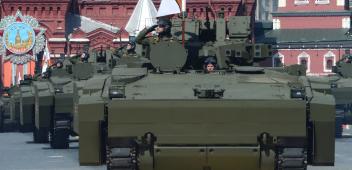Hope or glory? The presidential election, US foreign policy and Australia
What is at stake in a US presidential election in terms of American foreign policy? How might the temperament and world-views of the respective candidates be interpreted? In this paper Dr Michael Fullilove compares and contrasts the foreign policies of Barack Obama and John McCain in the 2008 presidential election race.

- ‘The personality of the next president will largely determine the character of his administration’s foreign policy.’ (p 17)
- Obama and McCain are both products of American political culture and thus share certain rhetorical modes and ideals.
- However, the two candidates differ significantly in their understanding of how US foreign policy should be conducted.
- While McCain espouses a more state-centric, and perhaps hawkish, approach centred on traditional US alliances shared values, Obama understands US action as taking place within the framework of international rules and norms, and looks to pursue foreign policy objectives using a variety of mechanisms including multilateral forums. While Obama professes to represent ‘hope’ in this election, McCain can lay claim to representing ‘glory’.
Executive Summary
Both Barack Obama and John McCain are ‘products of American political culture’ – a reality reflected in their rhetorical idealism, their belief in ideas as important in international relations, and their shared conviction that America is an important driver of international progress. Nevertheless, the two Presidential candidates differ significantly in their respective approaches to US foreign policy, their conceptions of the United States’ role in international affairs, and their understanding of the way in which the international system operates.
Dr Fullilove characterises McCain as more idealistic, state-centric and hawkish than Obama, a difference made clear by the candidates’ respective approaches to America’s relationship with powers such as Russia and China. While McCain has been willing to criticise important powers like Russia over human-rights concerns – even suggesting that Russia be ejected from the G8 – Obama has emphasised the need to take a more co-operative approach by addressing such issues through pursuing closer partnership.
Dr Fullilove considers how the two candidates differ in their stances on regional institutions and on US engagement with Asia – both issues of particular note to Australia. McCain’s approach to the Asia-Pacific region is heavily alliance focused; Obama is less alliance-centric and more open to positive engagement with China.



